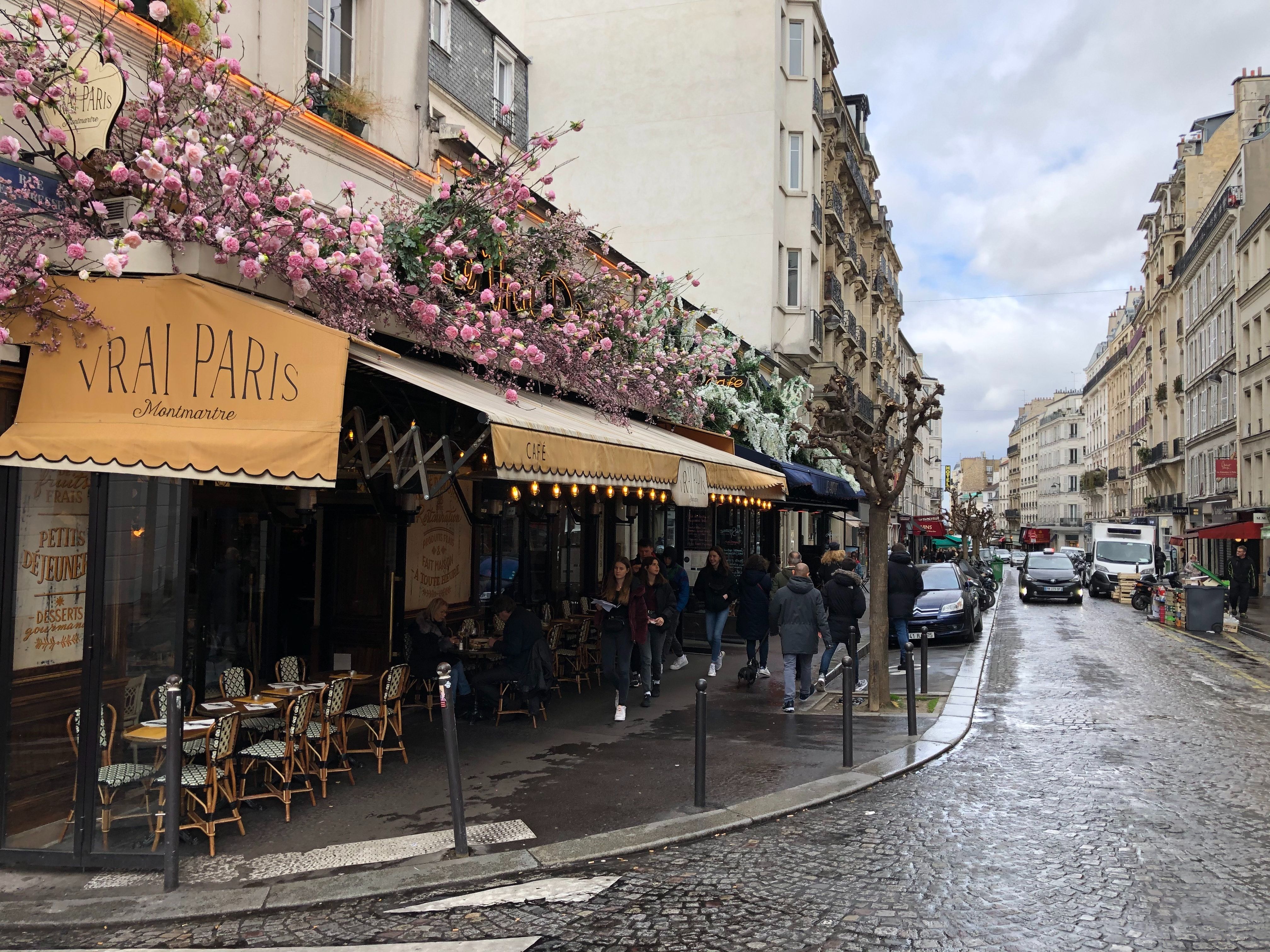If they were able to talk, I swear to God, would be like that 😂
They love me tho… at least I think so
Believe in yourself, and your dreams will come true.
there's no limit to what you can accomplish!
don't forget that there are always people who support you by your side!
❤️🔥
Happy Friday!!!! 🎶 #Lensfrens 🌿
Start your day with this "Si vas a creer en todo lo que lees, es mejor que" album by @edkeziah.lens
This album is his 3rd album, a unique blend of electronic, alternative rock, trap, and R&B. It offers a critical, introspective look at our hyperconnected world, saturated with misinformation. It encourages listeners to disconnect from technology, seek inner truth, and confront societal taboos. Dark and melancholic, it's more than music—it's a call for authenticity in a world of 'fake news'.
by
All @creators.lens on Lens! You can also release your on-chain album via Oohlala💚
We want to hear your albums & narratives with your music NFTs.
Come to Oohlala, and make your own narrative by releasing your album! @mixtape.lens
www.oohlala.xyz/playlist/a57287ec-c3e7-42f5-91a8-e89dc2831f9e
The French have a deep affection for their language and harbor a constant vigilance towards its 'purity', especially from the encroaching influence of their English-speaking neighbors. This fondness for their language often motivates authors and intellectuals in France to push back against the creeping influx of English borrowings. A similar phenomenon is observed in Iran, where terms like "address" have replaced "neshani", "asphalt" has substituted "ghirtecht", "page" is now used instead of "safhe/barg", "start" has taken over "aghaz/shoru", and "stress" is preferred over "tanidegi/fashar rawani". Such linguistic shifts also resonate in Arabic-speaking countries, like the UAE.
In an interesting development, the French dictionary recently introduced new vocabulary of Arabic, not English, origin. This addition has been largely spurred by the growing population of Arab immigrants in recent years. Terms such as Jihad, Intifada, Tagine (presumably a Moroccan dish), Fedayeen, Tabouleh, Resistance, Daesh, Keif (in the sense of pleasure, not inquiry), Kohl, Raïs, Hashish, and Nik (a colloquial term for sex) have found their way into French vernacular.
What's intriguing about this collection of words is their thematic concentration around topics of war, conflict, food, sex, and taboos. There is no knowledge, culture, or literature…

🍡a little trip to nakano broadway @stani.lens @christina.lens and a little tokyo alpha @lensprotocol.lens pop socket 🌿